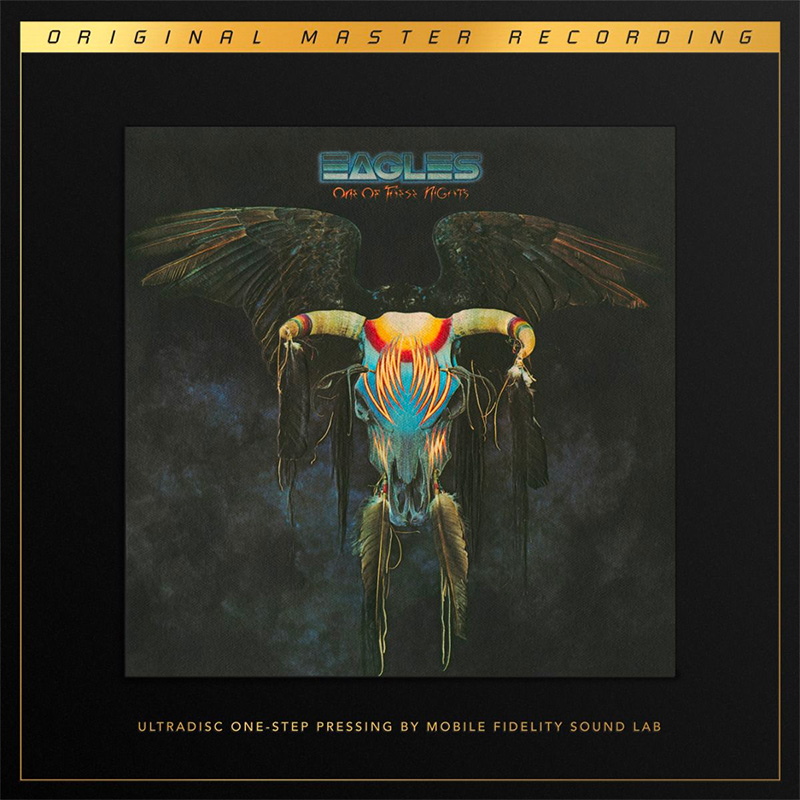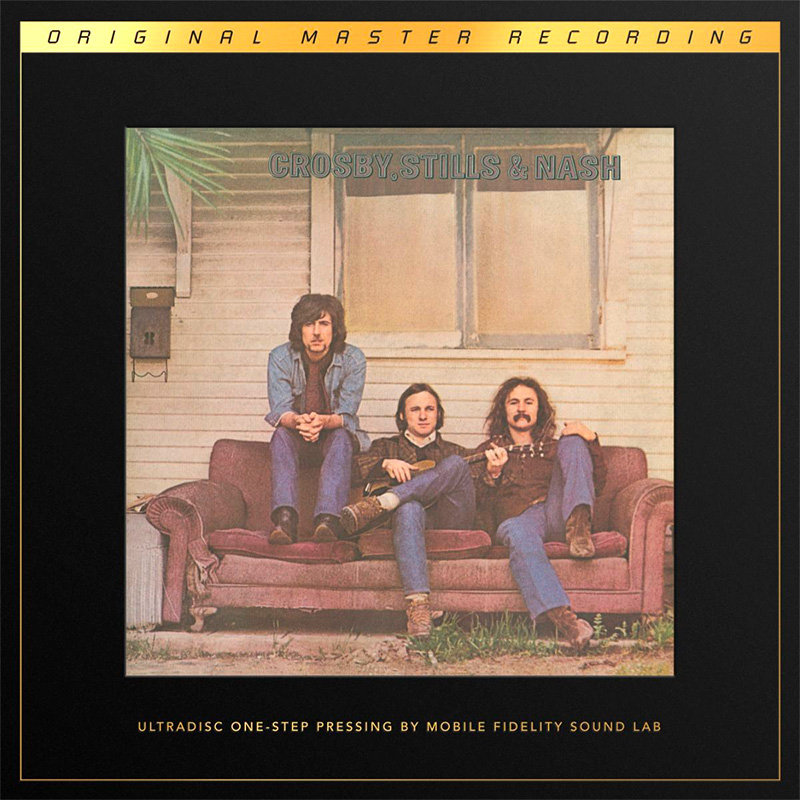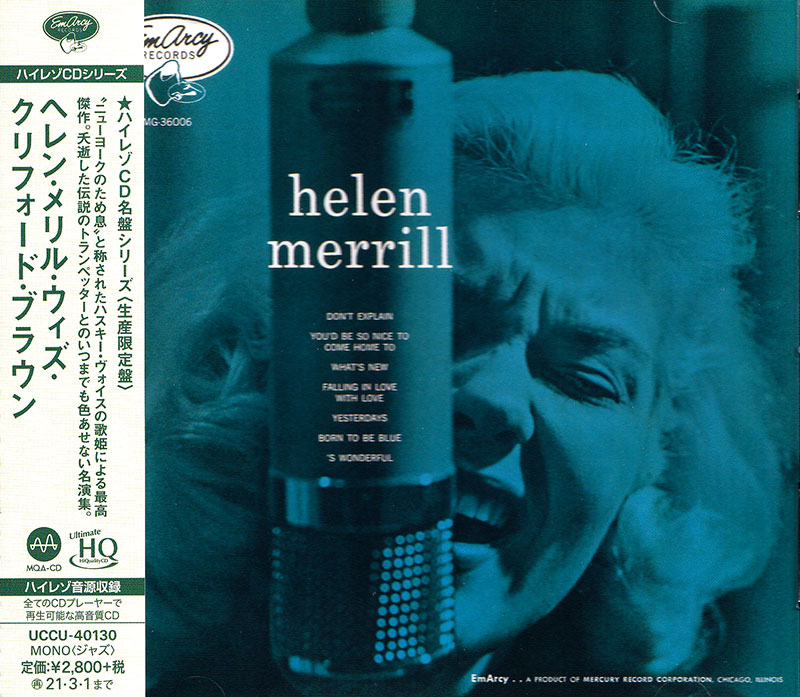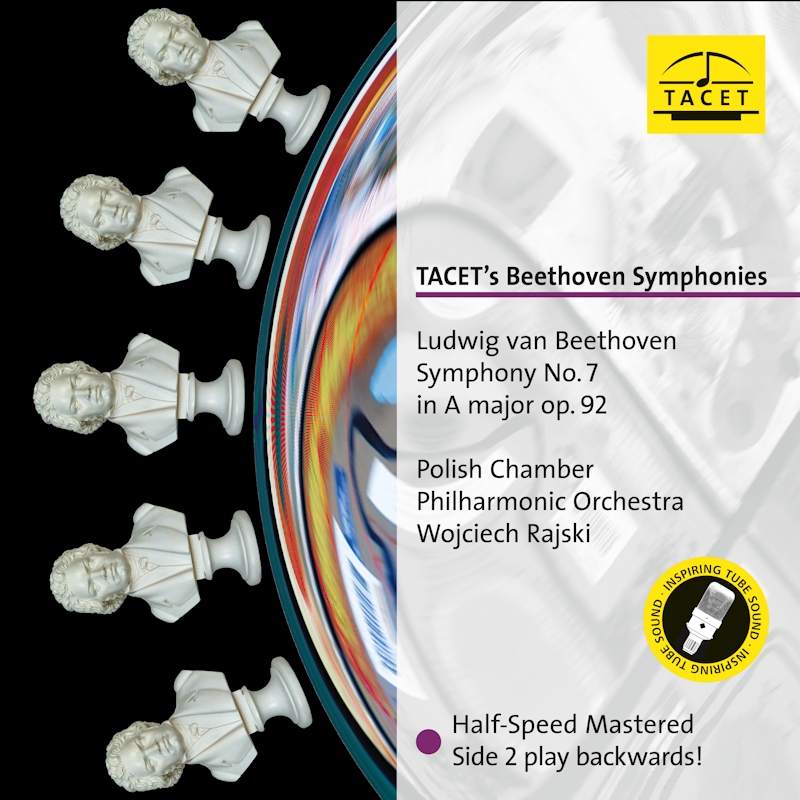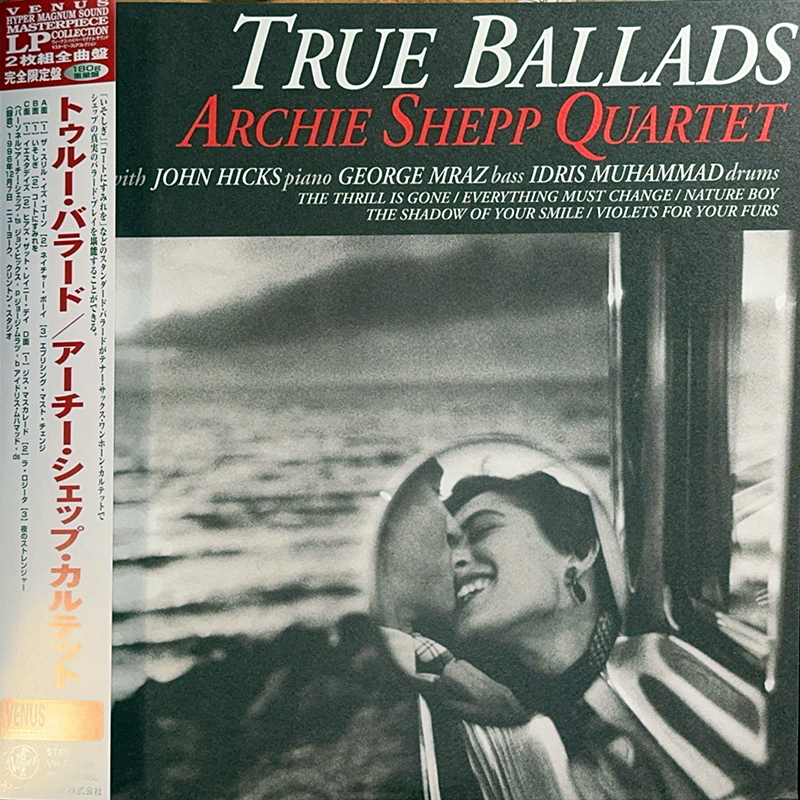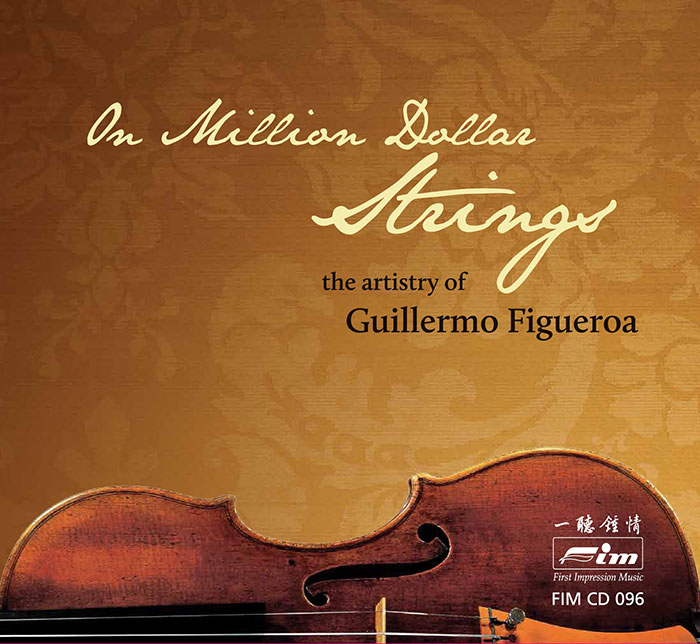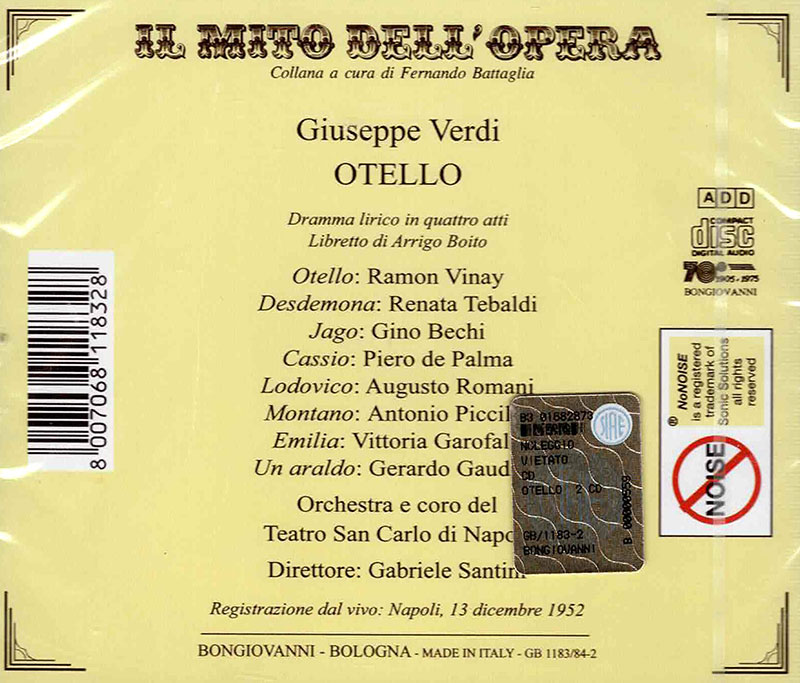Logowanie
OSTATNIE EGZEMPLARZE
Jakość LABORATORYJNA!
ORFF, Gundula Janowitz, Gerhard Stolze, Dietrich-Fischer Dieskau, Deutsche Oper Berlin, Eugen Jochum
Carmina Burana
ESOTERIC - NUMER JEDEN W ŚWIECIE AUDIOFILII I MELOMANÓW - SACD HYBR
Winylowy niezbędnik
ClearAudio
Essence MC
kumulacja zoptymalizowana: najlepsze z najważniejszych i najważniejsze z najlepszych cech przetworników Clearaudio
Direct-To-Disc
PIAZZOLLA, ChamberJam Europe
Tangos del Ángel y del Diablo
Direct-to-Disc ( D2D ) - Numbered Limited Edition
VERDI, Ramon Vinay, Renata Tebaldi, Gino Bechi, Orchestra e Coro del Teatro San Carlo di Napoli, Gabriele Santini
Otello
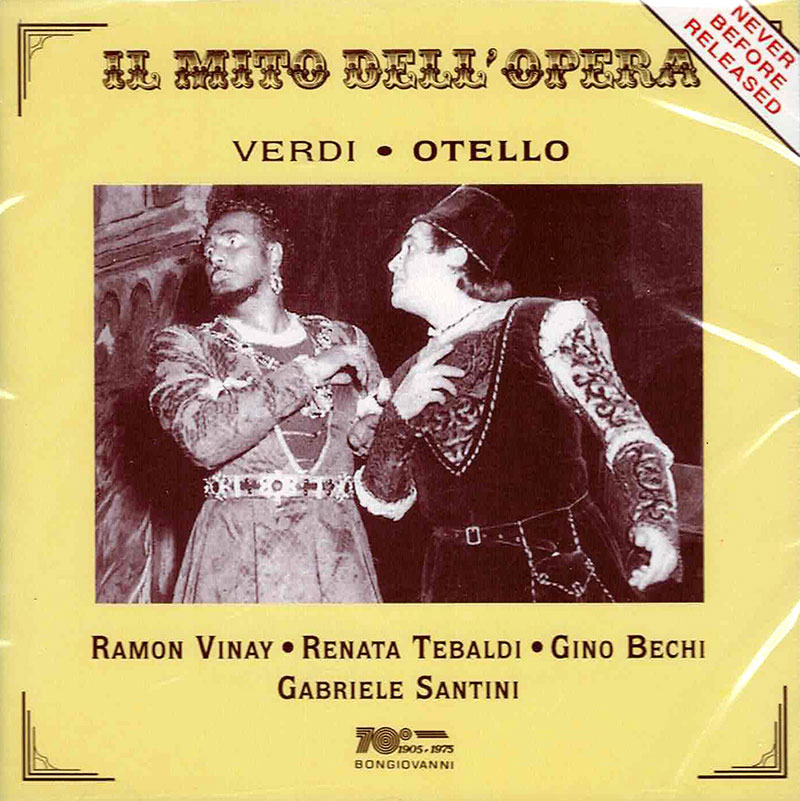
Il Mito dell'Opera
CRITIC REVIEWS: "The most famous Chilean opera singer was Ramón Vinay (1911–96), who began as a tenor and later became a baritone. He had an important international career, most famously as Otello on the brilliant recording led by Toscanini, who said, 'He is a complete artist, magnificent and unsurpassed in roles which require power and violence. At present time no other artist comes near Vinay’s interpretation of Otello'. Vinay sang some 170 performances at the Met in heroic roles in French, Italian and German, was a famous Tristan at Bayreuth, and sang Tannhäuser and roles in the Ring Cycle." - Santiago Rodríguez, Teatro Municipal “Chilean tenor Ramón Vinay began his career as a baritone, later reworking his voice to the tenor range. For a decade or so, Vinay was a force to be reckoned with, a wonderful singing actor who excelled in such roles as Don José, Samson, Canio, and Otello. In the mid-late 1950s, the top notes became ever more precarious for Vinay, and he eventually returned to the baritone repertoire, and even some bass roles. Though Vinay was born in Chile, his father was French, and he studied in France. It’s not surprising then, that Vinay’s French pronunciation and grasp of the Gallic opera style are expert. And what sets Vinay’s José apart from other great exponents of [French repertoire], even legendary French artists, is the Chilean tenor’s arresting combination of a rich, vibrant, baritonal middle register with ringing high notes. It is true that, like many tenors who began as baritones, Vinay has some difficulty in scaling back his voice, particularly in the upper register.” - Ken Meltzer, FANFARE, March / April, 2018 "GINO BECHI, like many singers of his generation, was denied a full international career because of the Second World war. The Italian baritone, whose voice was at its splendid best during the 1940s, was not heard in London until September 1950, when he sang in Otello and Falstaff at Covent Garden during a visit - the first since the war - of La Scala from Milan. Although then only 37 years old, Bechi was accused by the critics of having little voice left. The audience, however, starved of the authentic sound of Italian voices in Italian opera, was less dismissive and greatly enjoyed the baritone's Iago and Falstaff; Bechi was never a subtle artist, but there was a generosity in his singing that captivated the listener. Born and educated in Florence, Gino Bechi made his stage d�but in 1936 at Empoli as Germont p�re in LA TRAVIATA. The following year he was engaged at the Rome Opera, where in 1939 he sang Vladimir in the premiere of MONTE IVNOR by Lodovico Rocca. He first sang at La Scala in January 1940, as Don Carlo in LA FORZA DEL DESTINO, and appeared there throughout the war years. His repertory included Verdi roles such as Renato (UN BALLO IN MASCHERA), Don Carlo (ERNANI)and Rigoletto, but also Rossini's Figaro, Severo in POLIUTO, Sir Richard in I PURITANI and Jokanaan in SALOME (in Italian). He sang in Florence, notably in the premiere of Alfano's DON JUAN DE MANARA in the Maggio musicale of 1941. When La Scala reopened in 1946, Bechi sang the title-role of NABUCCO, one of his finest roles, which he repeated at the San Carlo, Naples in 1949, with Maria Callas as Abigaille. After the visit to Covent Garden by La Scala, Bechi continued to sing with the company until 1953; his last appearance was as Alfonso in LA FAVORITA. On his retirement from the stage in the early 1960s, Bechi taught in Florence. He made many recordings and can he heard at the peak of his career, when his voice was in full bloom, as Alfio in CAVALLERIA RUSTICANA, conducted by Mascagni; he also recorded Figaro, Renato and Gerard (ANDREA CHENIER), while the Naples NABUCCO with Callas was captured 'live' on disc." - Elizabeth Forbes, THE INDEPENDENT, 16 Feb., 1993 "I heard Tebaldi many times, as a standee at the old Metropolitan Opera House from the mid-1950s through the early 1960s, and I never stopped marveling at the sheer beauty of the voice, her ability to project a pianissimo throughout the auditorium so that even though the note was extraordinarily soft, it sounded as if she were standing right next to you. The plushness of tone was probably the most unique feature of her singing, and along with that an innate sense of the appropriate shape of the phrase she was singing. She was not a subtle actress, never inflecting every phrase with subtexts of meaning the way Callas could, but nor was she a disengaged singer just pouring out lovely sounds. Her acting, both physical and vocal, was sincere and convincing, and at times very powerful. Her Butterfly broke your heart every time, through the moving way she shaped the ebb and flow of the music. There was no way you could see her as a 15 year old geisha, but by the wedding scene of the first act you were a complete believer. Above all, there was that voice. It was immediately recognizable, distinctive, unlike any other. If you tuned in to a radio broadcast without hearing an announcement, two notes would be enough to identify the richly colored, luxurious sonority of the Tebaldi sound, a sound that caressed the ear and at the same time enveloped you. For many of us it was the sound that defined what an Italian soprano should be." - Henry Fogel, FANFARE
